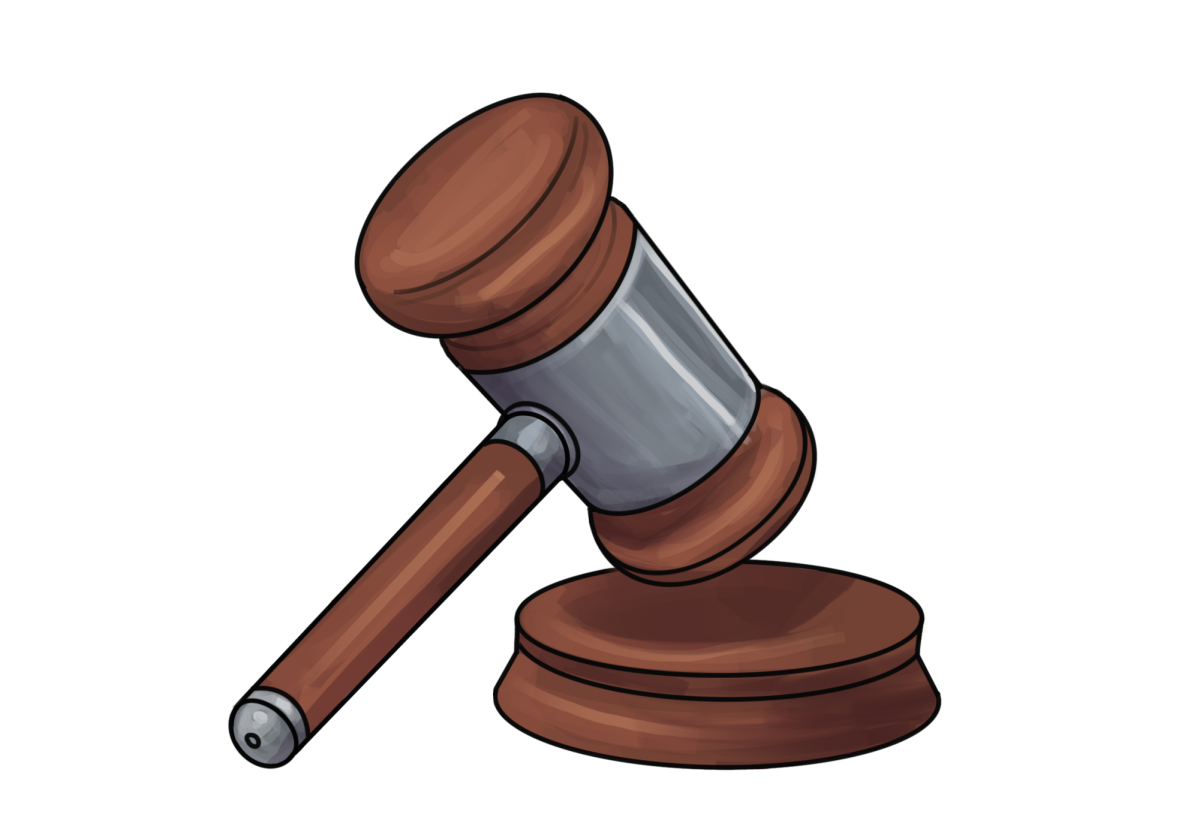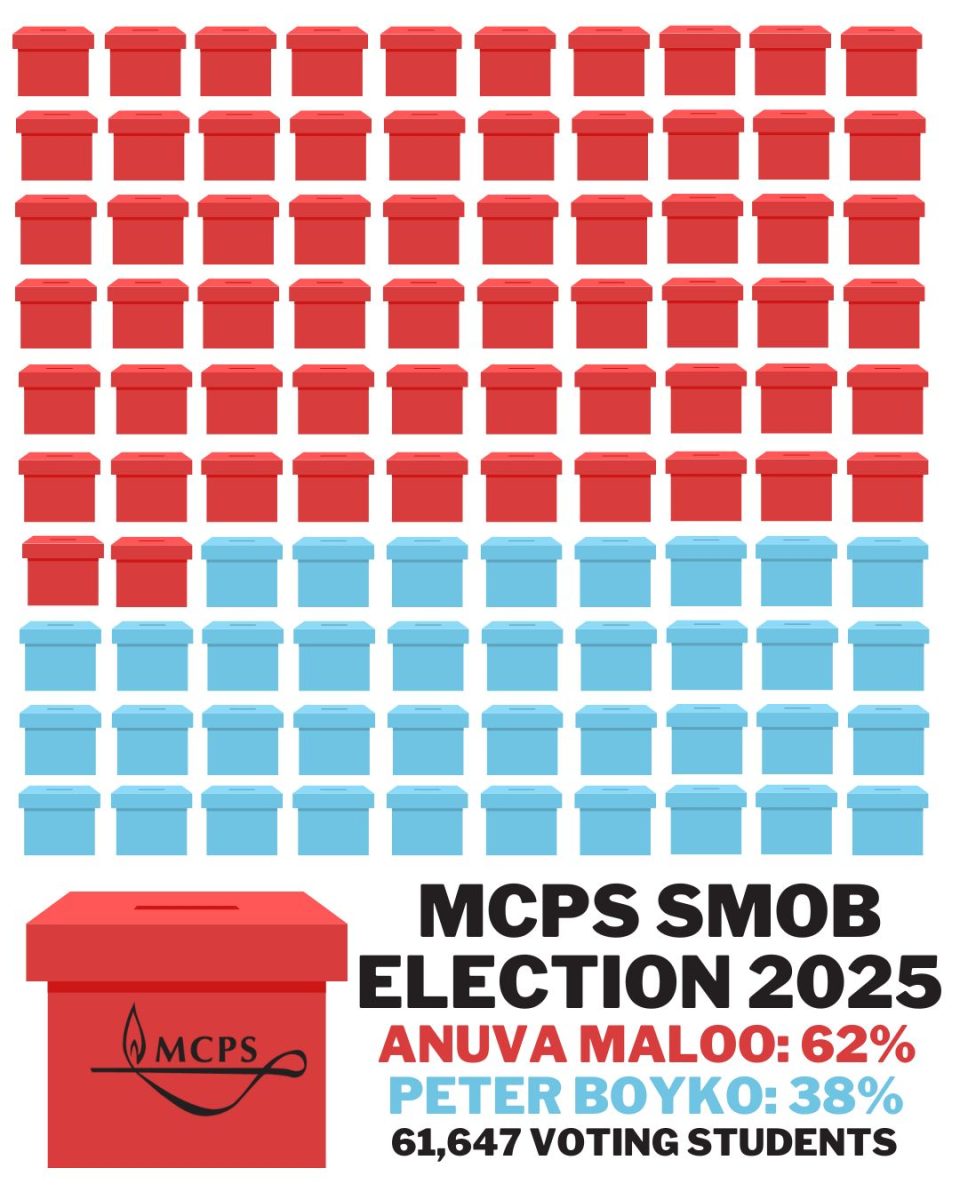The Supreme Court unanimously ruled in favor of former president Donald Trump in Trump v. Anderson on March 4, deciding that Colorado could not keep Trump off the ballot for its Republican nomination because of his role in the events on Jan. 6. Trump was thus on the ballot on Super Tuesday and won the Colorado primary among many others, securing his spot as the Republican candidate.
The case was centered around section three of the fourteenth amendment, which states that no person could hold a position in office who had “engaged in insurrection or rebellion” but had previously taken an oath to support the Constitution. With a 4-3 ruling, the Colorado Supreme Court decided that Section three applied to Trump and could be enforced under Colorado’s election code without a law from Congress.
The Supreme Court’s main finding to overturn this decision can be summarized by a part of their Per Curiam opinion which says, “states have no power under the Constitution to enforce Section three with respect to federal offices, especially the Presidency.” While they ruled that states could disqualify their officials from holding state offices, they found that the prospect of States having “freer rein than Congress” to dictate section three’s enforcement in federal offices was “simply outlandish.”
Some at RM have voiced their opinions and observations on the outcome of the trial and its implications for the future.
Government Teacher William Vicari didn’t find the decision very surprising “The fourteenth amendment was created to constrain the states, so it was not hard to envision the Court viewing Colorado’s decision to try to keep Trump off the ballot by using Section 3 as a state’s attempt to circumvent that constraint,” he said.
The Court did not rule whether or not Trump was actually guilty of insurrection, which was a significant aspect of previous rulings of the case in lower courts.
“They did not address that question likely because they didn’t feel compelled to answer it. The question they chose to address was whether states could remove a candidate for federal office from their ballots…and they unanimously agreed that they cannot,” Mr. Vicari said.
Senior Landon Lee, who is eligible to vote this year, had similar thoughts. “I feel like the court was trying to limit the scope of their decision and not overstep their powers by taking it upon themselves to decide if he was guilty or not,” he said.
Lee had an important takeaway from the case. “I think it’s good that it isn’t up to the states to decide who voters can and cannot vote for and instead is up to Congress, as this will prevent a situation where some candidates appear on the ballot in some states and don’t appear in others.”
If you would like to voice your opinion on an issue you feel is relevant to our community, please do so here. Anyone is able and welcome to submit a Letter to the Editor, regardless of journalistic experience or writing skills. Submissions may be published either online or in a print issue.














